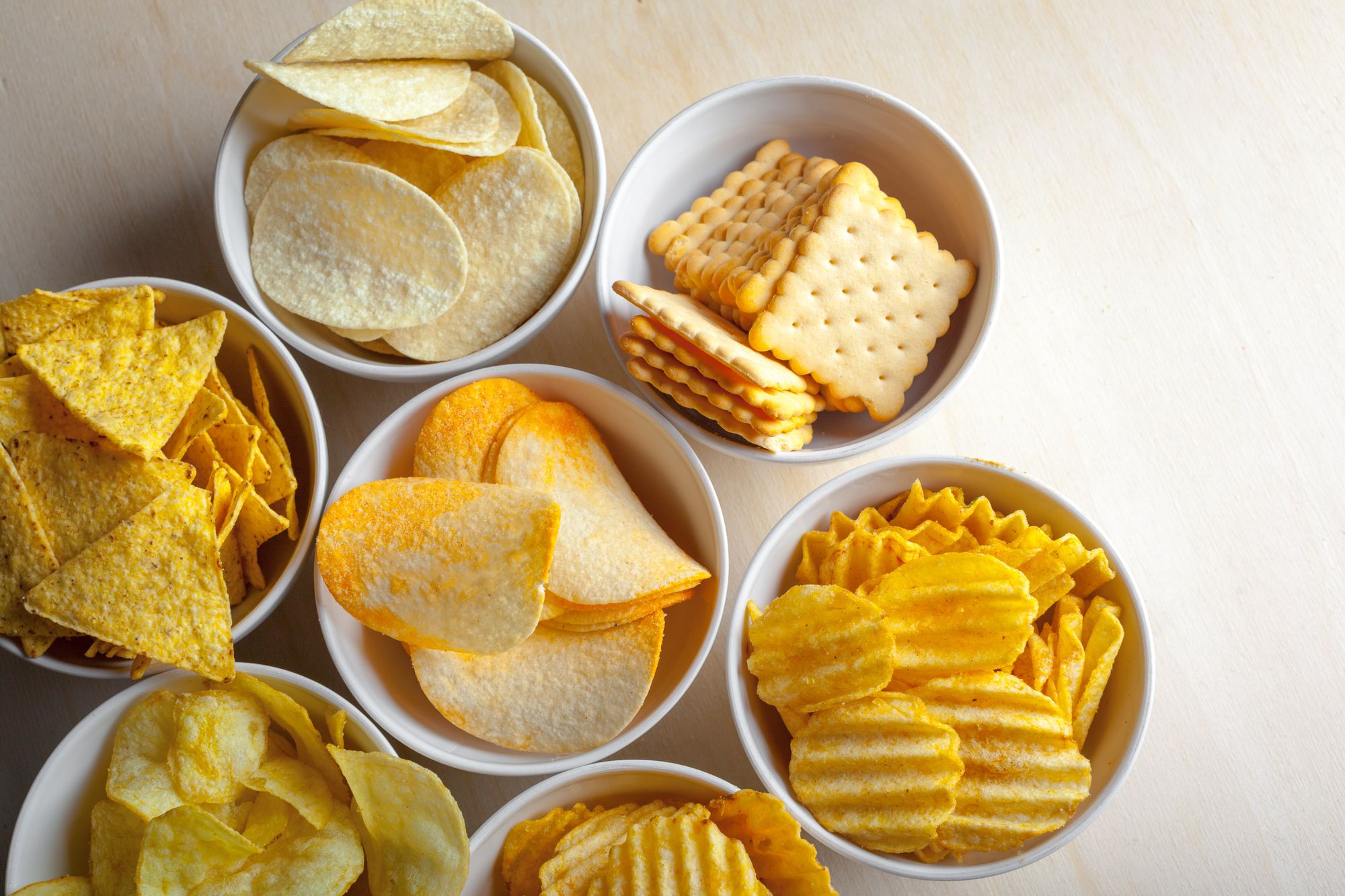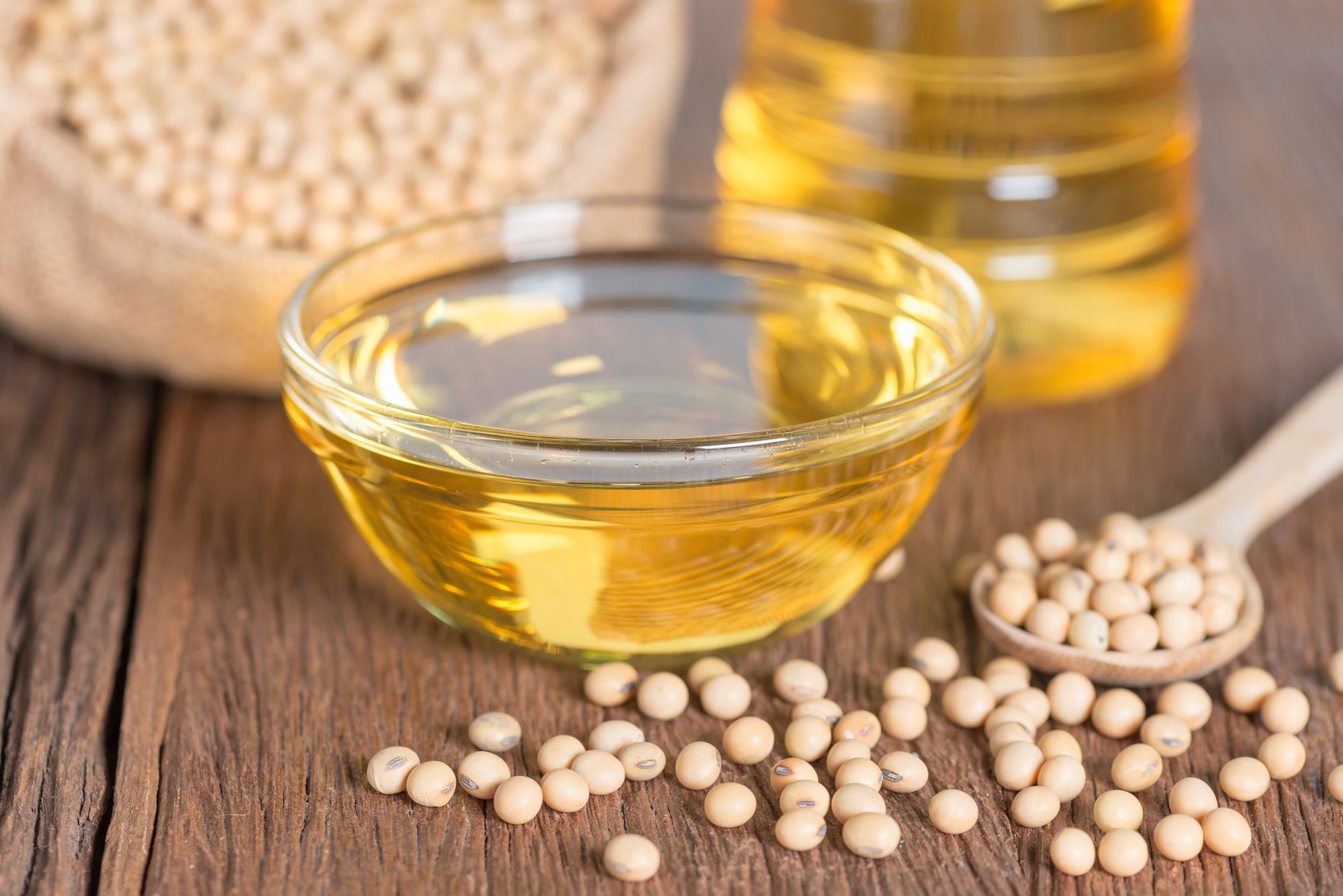Nurturing a healthy gut is vital for overall well-being, as it serves the crucial role of breaking down food, absorbing nutrients, and supporting essential bodily functions. Your diet plays a pivotal role in maintaining gut health, as certain foods can either promote or hinder its well-being.
Beyond being responsible for digestion, the gut encompasses the gut microbiome—a complex ecosystem of trillions of bacteria and microbes residing in the cecum, a portion of the large intestine. The gut microbiome thrives when a delicate balance between beneficial and harmful bacteria is maintained. However, certain dietary factors such as excessive sugar, salt, fat, and alcohol can disrupt this balance, altering the gut microbiome's functionality. An imbalanced gut microbiome can have detrimental effects on the immune system, digestion, and mental health.
To help you safeguard your gut health, we have compiled a list of foods that can be particularly detrimental to your gut and microbiome. While many items on this list can be consumed in moderation without major consequences, excessive intake can disrupt the delicate balance of your gut.
Discover below some popular foods that might be compromising your gut health.
1) Fast Food: A Detriment to Your Gut Health

Fast food, known for its convenience and enticing flavors, can have severe repercussions on your gut health and microbiome. A study published in Gut unveiled a direct link between fast food consumption and an increase in specific gut bacteria, including Blautia, Lachnospiraceae bacteria, and Clostridium bolteae. This bacterial imbalance contributes to a disrupted microbiome, which has been associated with conditions such as Crohn's disease, irritable bowel syndrome (IBS), and ulcerative colitis.
2) Processed Baked Goods: A Sugar-Fueled Challenge

Indulging in processed baked goods, such as donuts, packaged muffins, cookies, and cakes, poses a significant threat to your gut health due to their high sugar content. A comprehensive report published in Nutrients concluded that the consumption of high-sugar foods disrupts the microbiome by increasing the levels of Proteobacteria while decreasing the abundance of Bacteroidetes. This microbial imbalance can lead to chronic low-grade inflammation, contributing to various health issues.
3) Excessive Salt: A Gut Microbiome Disruptor

Recent research sheds light on the negative consequences of excessive salt intake for gut health. Studies published in the American Journal of Physiology and JCI Insight have identified a connection between high-sodium diets and increased tissue and intestinal inflammation. Excess sodium consumption also appears to alter the gut microbiome, reducing its diversity. Animal studies have confirmed the link between an imbalanced gut microbiota and an increased risk of hypertension, emphasizing the need for further human studies.
4) Red Meat: A Culprit for Gut Health Imbalance

Beyond its association with heart disease, red meat consumption has been found to impact gut health. A study published in Arteriosclerosis, Thrombosis, and Vascular Biology observed a group of 3,931 participants aged 65 and above, evaluating the impact of different animal food sources on atherosclerotic cardiovascular disease risk. The study revealed that daily consumption of red meat increased the risk of heart disease by approximately 22%. This heightened risk was attributed to alterations in the gut microbiome caused by red meat intake, specifically an increase in three types of metabolites. These alterations accounted for about 10% of the increased risk of heart disease in participants.
5) Artificial Sweeteners: A Potential Gut Disruptor

While artificial sweeteners are often chosen for their calorie reduction and weight management benefits, long-term consumption may negatively impact gut health. A study published in Nature suggested that artificial sweeteners could contribute to the development of gluten intolerance by altering the gut microbiota. Furthermore, a recent report in the Journal of Toxicology and Environmental Health highlighted the potential risk of metabolic disorders and damage to the gut lining associated with sucralose (Splenda) consumption.
6) Processed Meats: A Foe to Gut Health

Despite being a good source of protein, processed meats like bacon and sausage have been linked to potential gut health problems due to their saturated fat content. A review in Clinical Nutrition indicated a connection between higher total fat intake, specifically saturated fats, and a reduction in the total number, richness, and diversity of gut bacteria. These changes signify poor gut health. Additionally, processed meats are often high in sodium, further contributing to gut health concerns.
7) Soybean Oil: Harmful Effects on Gut Health

Research indicates that soybean oil, commonly found in margarine, certain salad dressings, mayonnaise, nutrition bars, and frozen foods, may be detrimental to gut health. A study in the journal Gut discovered that a diet high in soybean oil, which is rich in omega-6 polyunsaturated fatty acids, led to decreased levels of two beneficial bacterial species, Faecalibacterium and Blautia. These bacteria are responsible for producing health-promoting metabolites. The study also found increased levels of two bacterial species, Alistipes and Bacteroides, which have been associated with imbalanced glucose metabolism.
8) Sugary Drinks: The Hidden Culprits

Sugary beverages like soda can wreak havoc on gut health, particularly with frequent consumption. The European Journal of Nutrition reported an association between the consumption of sugar-sweetened beverages (SSBs) and an imbalance in specific gut bacteria. Another study published in Gut found that consuming SSBs in adulthood and late adolescence was linked to an increased risk of early-onset colorectal cancer in women. The study attributed this connection to the erosion of the gut barrier caused by added sugar and subsequent increased gut permeability.
9) Alcohol: An Adversary to Gut Microbiota

While moderate alcohol consumption may not have severe consequences, heavy drinking can negatively impact gut health. Registered dietitian Morgyn Clair, MS, RDN, author at Fit Healthy Momma, highlights that certain alcoholic drinks can disrupt normal digestion. Furthermore, studies have shown that moderate to heavy drinkers have fewer healthy bacteria colonies in their digestive systems. A report published in Alcohol Research Current Reviews confirms that chronic alcohol use alters gut diversity, increases gut permeability, and triggers inflammation.
10) Sugary Juices: A Sweet Assault on Gut Health

Similar to soda, sugary juices containing added sugars can harm gut health due to their high sugar content. These negative effects apply to store-bought juices that come with excessive sugar added, rather than 100% fruit juice. Registered dietitian Morgyn Clair emphasizes that excessive sugar can "feed" harmful bacteria, leading to an imbalance that competes with beneficial bacteria for survival. Additionally, excessive sugar intake can cause water influx, disrupting normal digestion and causing bloating. Recent mouse studies have even demonstrated that excessive sugar intake reduces immune cell levels and further disrupts the gut microbiome.
By prioritizing gut health and reducing the consumption of fast food, processed baked goods, excessive salt, red meat, artificial sweeteners, processed meats, soybean oil, sugary drinks, alcohol, and sugary juices, individuals can foster a healthier gut microbiome and overall well-being.

